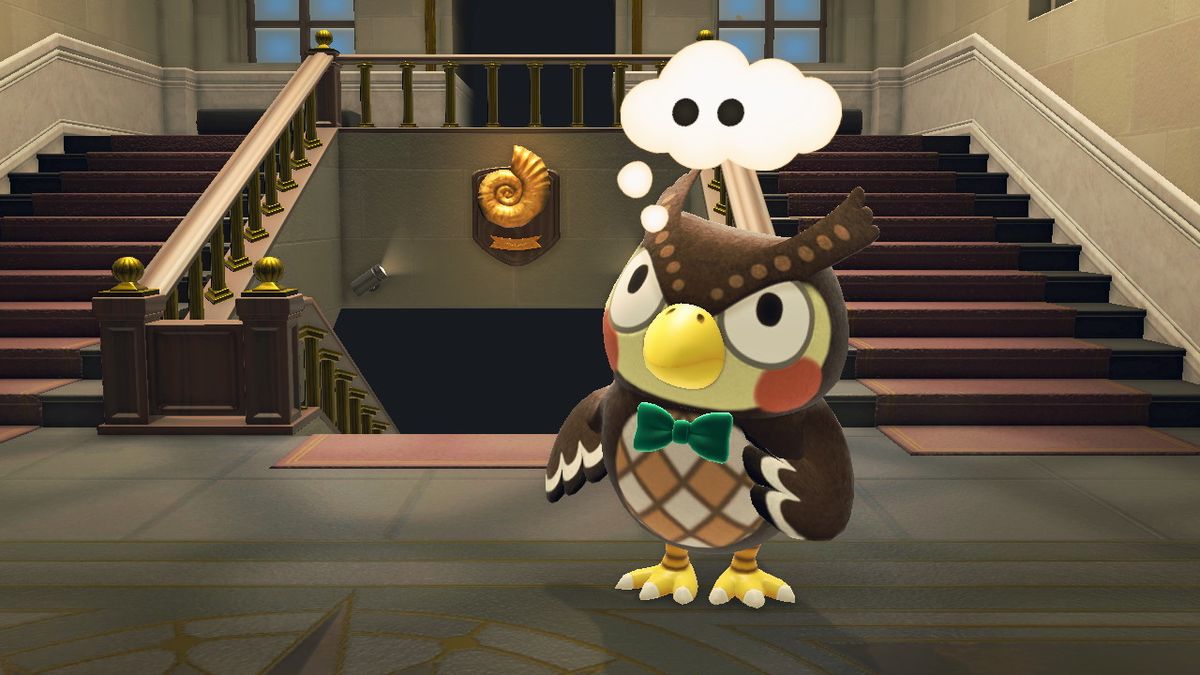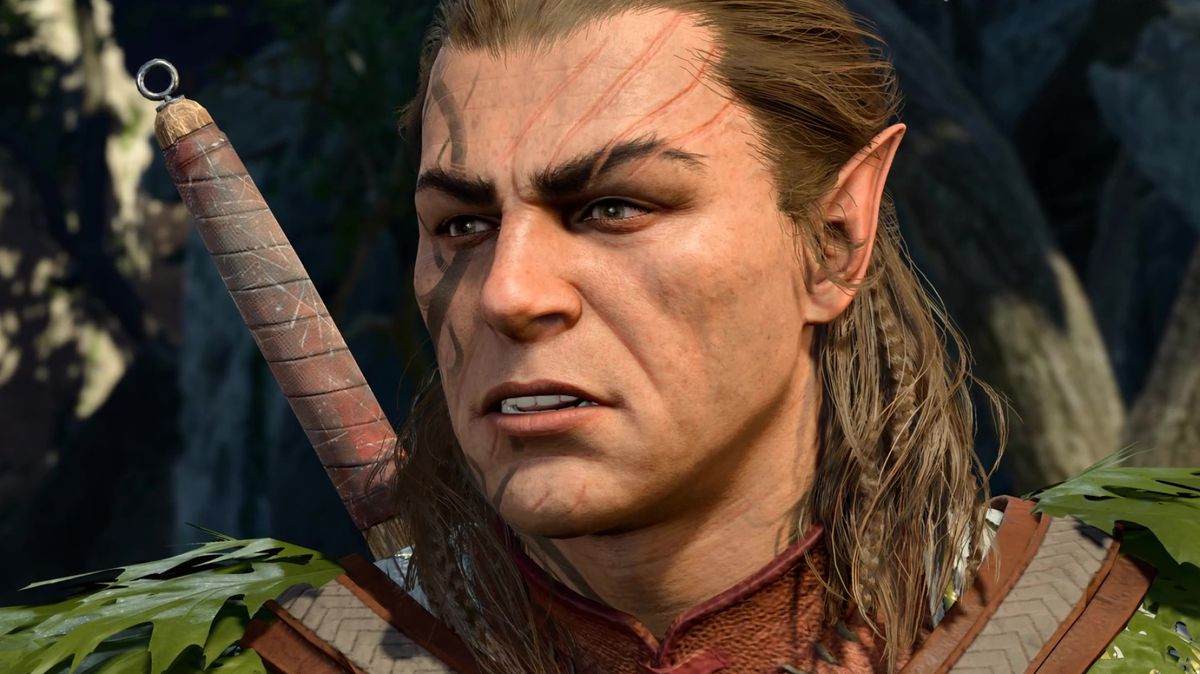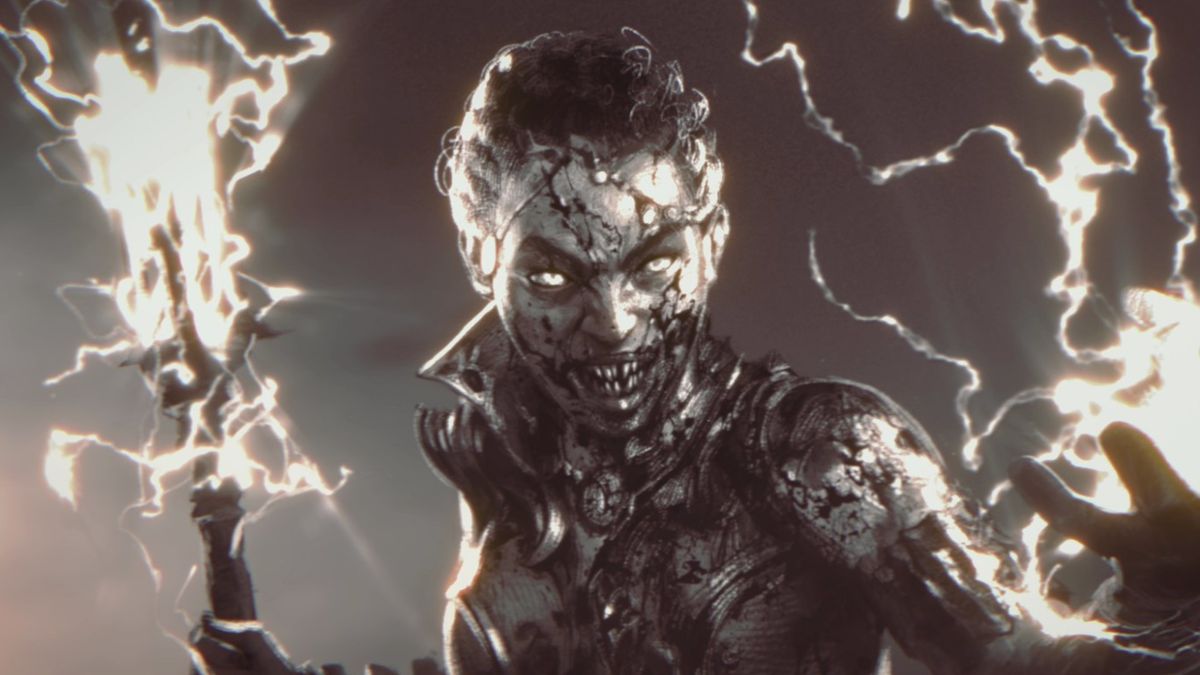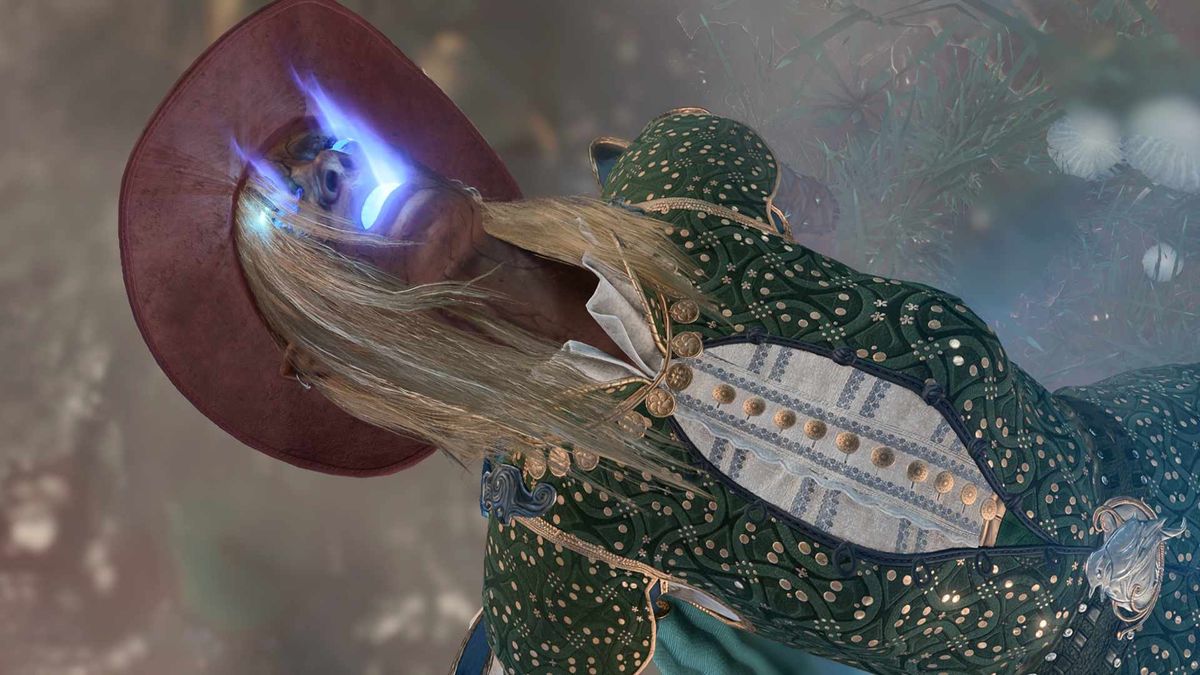Having injected fresh life into MMOs with its combat-heavy Black Desert, Pearl Abyss is a studio full of ambition. Crimson Desert, its upcoming gritty fantasy adventure is taking its genre further, blending single-player and multiplayer together within a glorious open world. DokeV [doh-keh-vee], while another multiplayer open-world adventure, is something quite different again – in this lush, vibrant cartoon near-future world, you play as a young child befriending the spirits around them.
Your customisable hero becomes able to see the titular dokebi. These are based on South Korean folkloric creatures of the same name, tricksy spirits who manifest in everyday items, not dissimilar to Japanese yokai. Because you’re able to see them, you and your pals can connect with and befriend the mischievous creatures. However, that gift also means you learn some uncomfortable knowledge about the world in which you live.
Getting Chipped

“DokeV is set in a world where artificial intelligence technology has developed. There is a facility called ‘The Company’, which produces android robots using artificial intelligence,” explains lead producer Sang Young Kim. “However, the main character sees this company more like a villain as the android robots’ technology comes from The Company catching dokebi and inserting them into AI chips.” So far, we’ve seen examples of a robot going berserk on a construction site, and another on a beach made out of flotsam. “The main character, who finds out the truth of The Company’s suppression of dokebi by using them as experiments, plays a role against The Company by releasing dokebi from the robots,” he says.
For more exclusive reviews, previews, and features, you can subscribe to Play Magazine here (opens in new tab).
This is a problem, as while they can be “unintentionally mischievous” according to executive producer and Pearl Abyss founder Daeil Kim, the dokebi are an important part of the world. “They are also the biggest supporters of people’s dreams,” continues Daeil Kim, “which gives them their power and allows them to grow together with the people they support. Although dokebi cannot directly wield this power in the real world, they can use it to inspire strength and courage to people.” While many people can’t see this happening, for the kids at the heart of the story this is something they can interact with.
It’s those aspirations that give DokeV’s creatures life in the first place. “Dokebi are born from people’s dreams. To give an example, someone dreams of becoming a boxer but isn’t allowed to pursue that dream. The inability to pursue the dream causes the Boxer dokebi to emerge,” explains game designer Changkee Nam, presumably talking about the black-and-white polar bear with boxing gloves. You obviously don’t want people’s dreams to be taken away and exploited by big corporations.
Friendly competition

Unlike The Company, Pearl Abyss is keen to emphasise that your character doesn’t actually capture any dokebi, even though the game does involve monster collecting. Instead, “[it’s] about befriending them by meeting special conditions through their unique stories using information from hints about dokebi that you discover all around the town and world,” says Changkee Nam. “There are some dokebi that you can befriend easily, as well as dokebi that require meeting special conditions. It’ll be a lot of fun for the player to meet each dokebi to engage in their unique stories.”
The way you undertake quests to befriend each individual dokebi is one element that distinguishes the game from the competition, as well as how you explore the large open world, which has a distinctly modern feel. Another distinctive feature is the way you fight. Those machines with dokebi AI won’t go down easily, and you’ll need to tackle them in a real-time action battle system where you need to get your hands dirty.

While the game supports solo play, these boss fights are one of the key times when you can team up with other players to take them out (though there will be competitive play that espouses the virtues of sportsmanship too). Using the dokebi, you’re able to power up for the real-time fights. “Each dokebi has special skills and effects that the player puts to use and allows them to have superhero-esque powers that lets them transform into different types of persona,” explains Sang Young Kim.
How you build your character depends on the dokebi team you have to hand. Once you’ve defeated a foe, you use a special vacuum cleaner to liberate the trapped dokebi from the machine. Daeil Kim describes this as being a homage to Ghostbusters (“which we loved watching,” he adds). It’s not the only everyday object to have a modern-day supernatural twist. Your umbrella is one of the ways you get around the open world, helping you soar through the sky. Like the dokebi themselves, “when you use the umbrella, you hide your form and essentially become invisible,” shares Sang Young Kim. “I was inspired by children who hide under umbrellas as they’re playing, thinking that no-one else can see them.” Before spearheading this title, he worked as director of animation and motion capture for the studio’s previous titles.
Capturing that playful sense of movement and wonder seems to have been vital for this project in particular. Sang Young Kim is inspired in part by his daughter, and the things he sees on the daily school commute. He also hints at another detail, the ‘Dokebi Gamtu'(Korean for ‘dokebi’s hat’). In folklore, it’s a hat that can make you invisible. DokeV has a distinct mix of that kind of traditional folklore and modern-day reality, and it’s lovely to see a fascination with the natural world celebrated. The dokebi, like their folkloric inspirations, lean into that. “We took inspiration from real-world natural phenomena that makes people wonder,” says Sang Young Kim. “Think about rain that starts falling out of nowhere under clear, blue skies, or landspouts. Why do these things occur? What happens inside the funnel of the landspout? Curiosity about these kinds of phenomena is expressed in the game in a way where you might wonder if it was a dokebi that was doing something inside the funnel.”
Helping Hand

You will be free to take your DokeV journeys into your own hands. Characters are customisable, as is your own room. The type of dokebi you befriend affects your approach, but it also supports an open playstyle across the board. You’re free to explore the open world in your own way, and indulge your curiosity, with your companions tagging along.
“You can just go about anywhere, really. You’ll be able to freely explore the world with a charming dokebi sidekick and embark on interesting adventures,” says Sang Young Kim. The environments we’ve seen look gorgeous, mixing realistic lighting effects with a cartoon aesthetic to create a world that can seem quite idyllic at times. “You’ll meet and hear the stories of different kinds of people, [and] help them solve their problems,” he continues. Helping out means playing minigames and the like, and you benefit from it too: talking to people, you gain information that helps you to track down new dokebi to add to your pool of characterful pals.
The previously mentioned umbrella is just one way you traverse the large environment. The devs confirm you’re also able to zip around on skateboards and inline skates, and a trailer even shows a little toy car. The world is quite large in scale, but getting around needn’t be a chore. You have the energy of a child, after all, and the excitement of the modern world to lure you on.
“Making an open world where all the characters seemed like they were living their own individual lives was challenging. In the game, we have highly interactive NPCs which will play their roles while responding to the player’s actions, including running away from the player or telling their own stories,” says Daeil Kim. This is far from the first open world game Pearl Abyss has developed, and DokeV is very much informed by those experiences, despite the different tone and mechanics. “What happens in an open world affects the player’s actions,” he continues. “As these parts become organically connected to each other, a big flow of the story is created, which has been a big challenge for us to structualise and make them into data. It wasn’t easy to harmonise characters and animations in this delicate yet vast open world.”
Kidding around

Ultimately, the design has to capture a sense of childlike wonder, which is where the game’s name came from in the first place. “As I developed the creature collection-type game, I was trying to come up with a name that reminds me of my childhood,” says Daeil Kim.
That was when he thought of the dokebi in the stories he’d heard as a child. That choice of central creature is a clear indication of how the studio wants this to be fundamentally different from its more mature titles. “We’ve been working on medieval fantasy games for a long time, but we wanted to try creating a unique experience with DokeV that could be enjoyed by the whole family,” he says. We’re ready to grab our umbrellas, jump on our boards, and make some friends ourselves.
This first appeared in Play Magazine issue 6 (opens in new tab), which you can buy now from Magazines Direct.
 Games News games, movies and TV you love.
Games News games, movies and TV you love.



